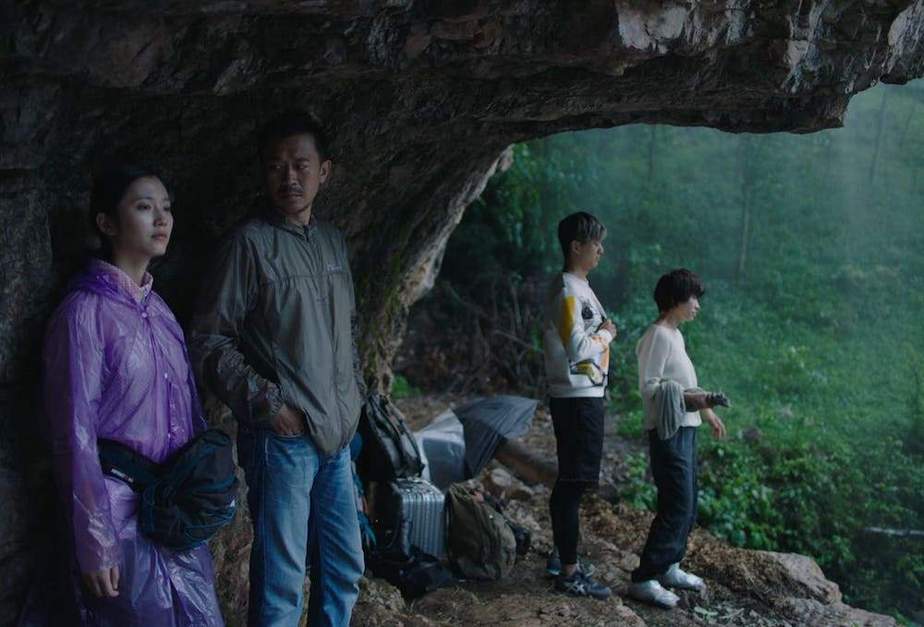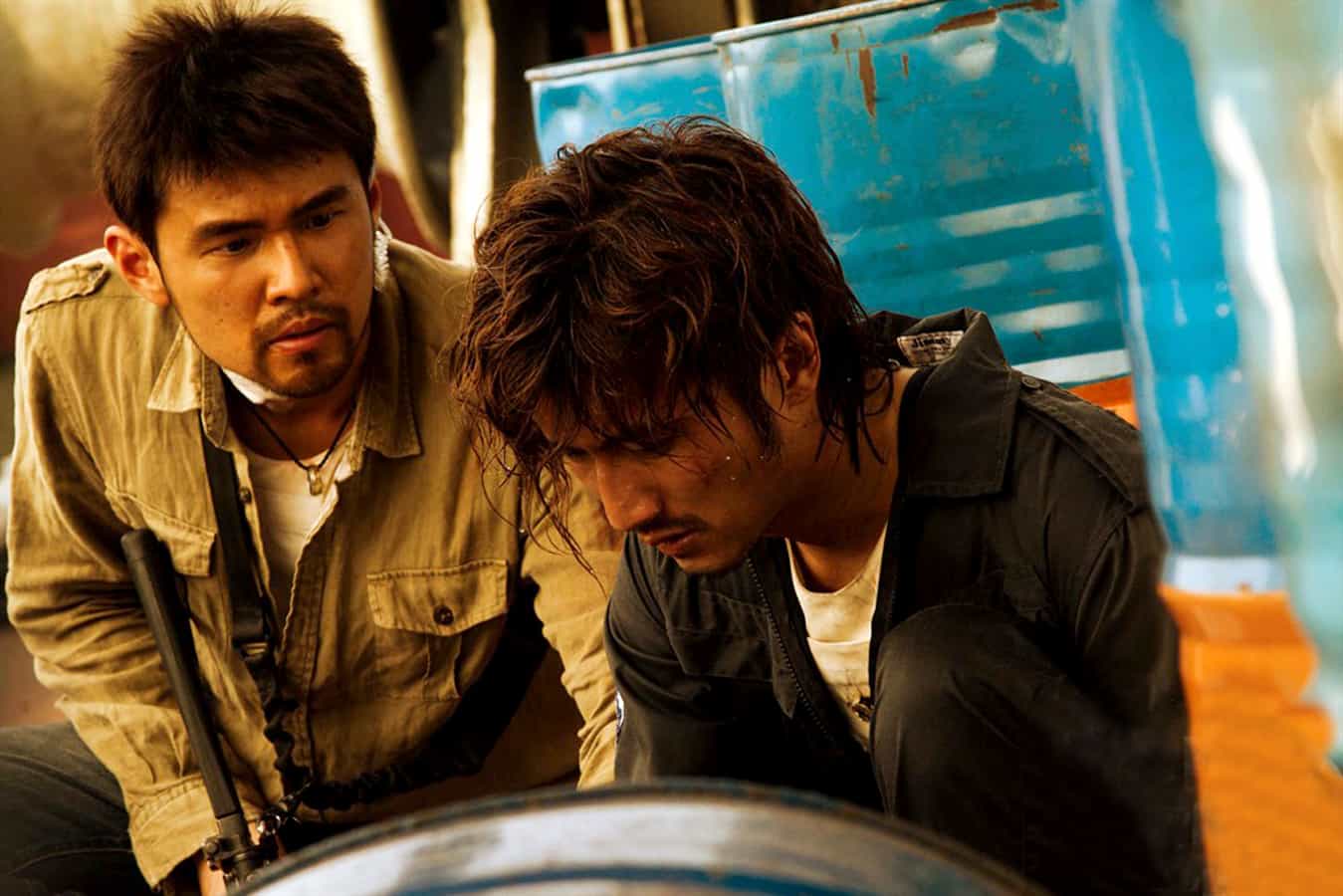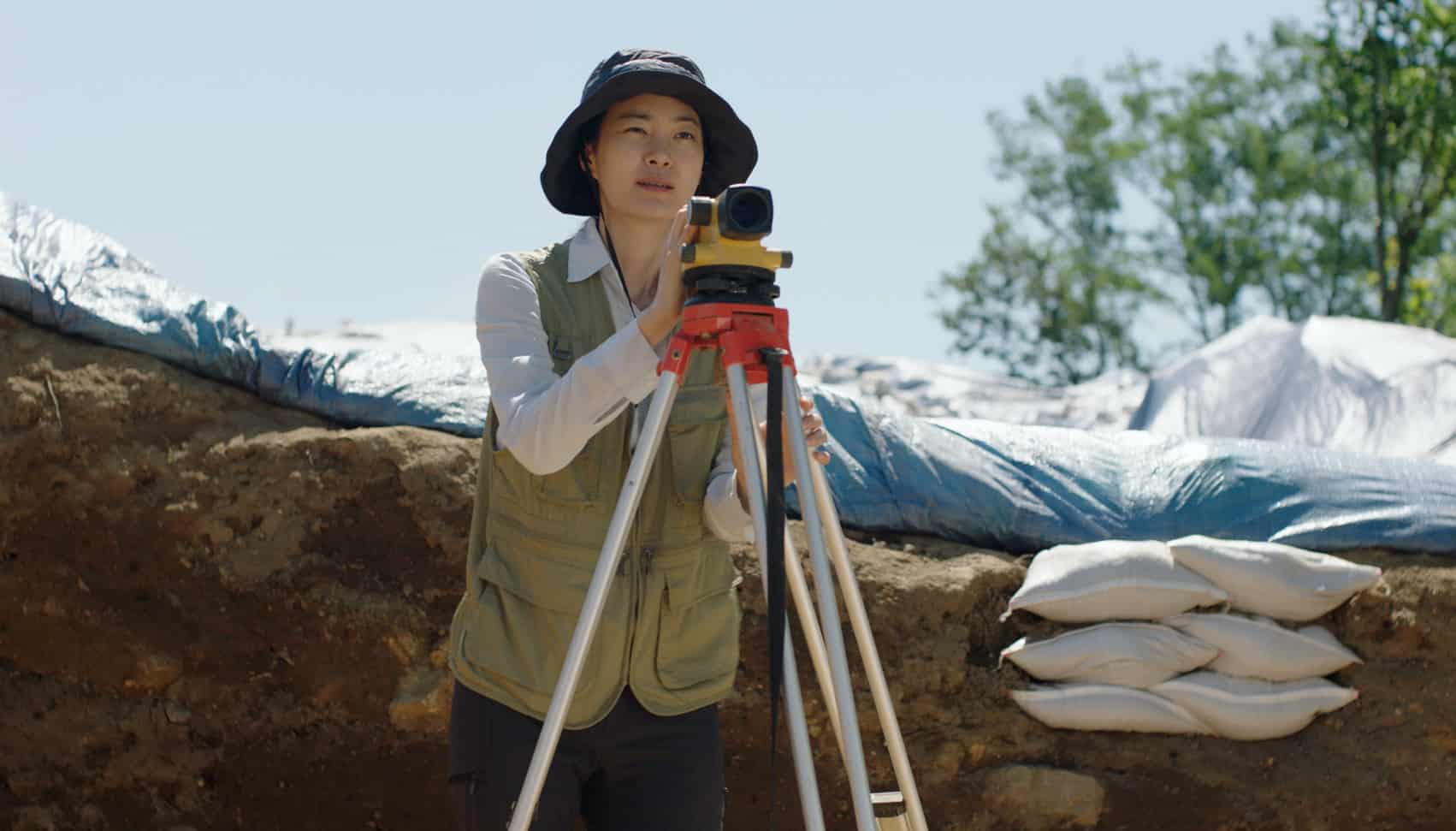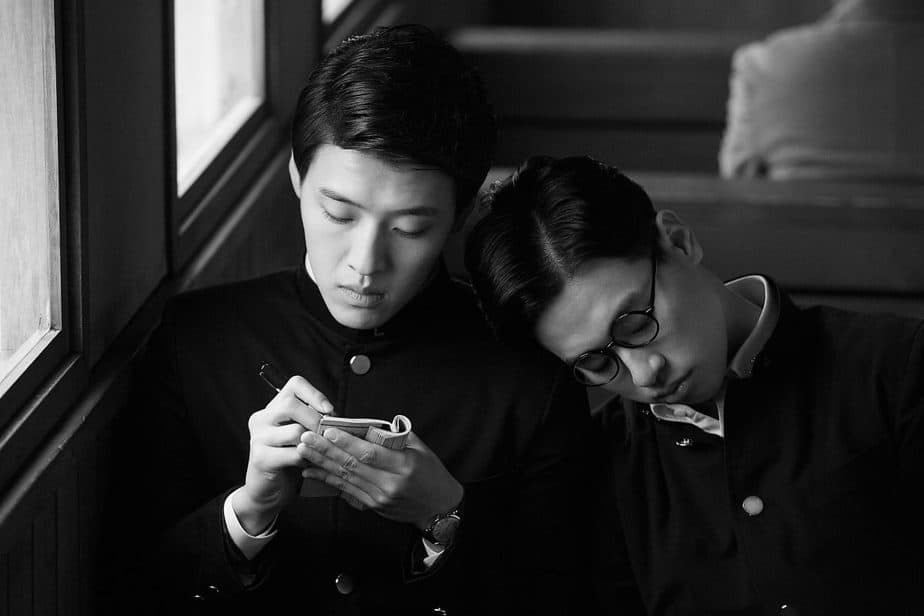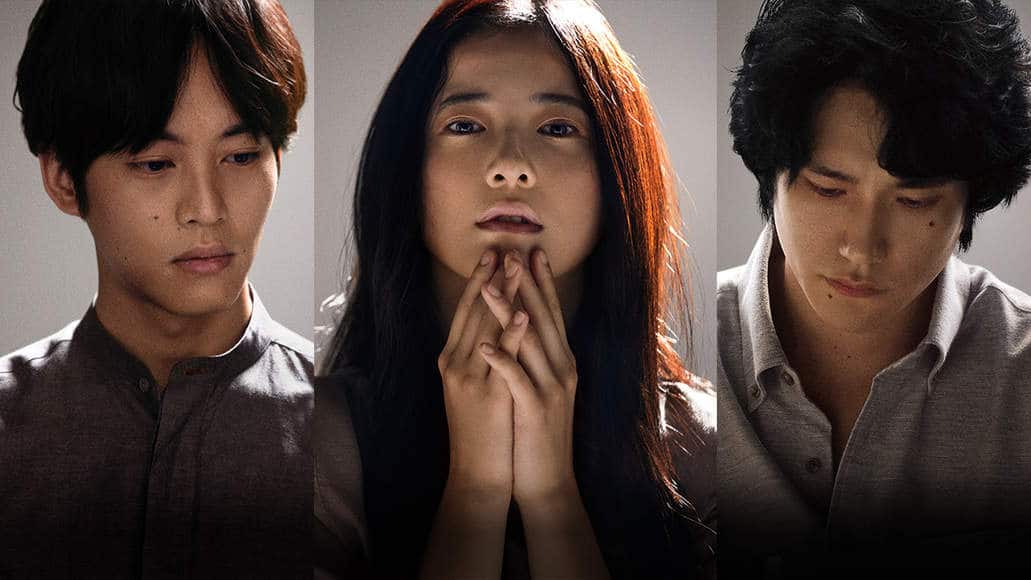Shooting a film about films without becoming meta is not exactly an easy thing, but this is exactly what Ming Zhang has accomplished, by implementing the trademark, art-house approach of the Mainland Chinese productions and by adding a number of socio-philosophical elements in the equation. The movie was selected to screen in the Directors' Fortnight section at the 2018 Cannes Film Festival.
“The Pluto Moment” is screening at CineCina iFest

The story begins with the protagonist, director Wang Zhun, trying to convince his famous actress wife to be on his new indie film, while she is shooting a Sino-European co-production, whose producers barely allow him to be on set, in a rather pointy comment about the current situation of the Chinese movie industry.
The next sequence finds Wang Zhun and his crew on the forests of Sichuan Province, despite the fact that he has not managed to secure any kind of investment, nor his wife's participation, scouting locations and researching the legend of “The Tale of Darkness”, an ancient mourning song that supposedly blinds anyone who reads the whole 5,000 words of it. After a number of more failures to secure a sponsorship from the local government, the crew, producer Dong Hongmin, actor Bai Jinbo, and assistant director Du Chun, find themselves following a rather unpleasant local, party official Luo, who leads towards a place where the song is still chanted during funerals. The characters and the relationships of the protagonists and the people they meet, eventually come to the fore.
The concept of how the independent industry works is the most entertaining aspect of the movie, with Ming Zhang implementing an approach that seems both realistic and comically cliché. The young assistant (director), Du Chun, wants to become a proper director and flirts with Wang Zhun in order to gain more responsibilities. Her attitude and the director's reaction bring frustration to Bai Jinbo, who seems to like Du Chun but also realizes how far down the hierarchy of the production he is, perplexing and disapproval from Luo, who knows the director is married, and a sighing disappointment from Dong Hongmin, who has obviously seen this scenario happen a number of times. The sexual tensions are presented subtly but eloquently, and the same applies when a widow of a village the crew ends up in, also starts flirting with the director, who seems to be the only who truly enjoys himself, talking with women, drinking with the villagers, and tasking the producer with the most difficult tasks.
All these elements are captured in the aforementioned style by DP Li Jinyang with artistry, with the road trip aspect of the movie also benefiting the most by his images, as he presents both the beauties of the area through a number of captivating frames and the customs and the overall life of the locals with realism.
The editing, as is usual in Mainland indie films, induces the movie with a rather slow pace, in distinct art-house fashion, which, when combined with the few dialogues and the 110 minutes of the duration, can be a bit tiring on occasion, although the rest of the elements of the movie definitely compensate.
The actors have embraced a laconic, subtly eloquent attitude that communicates their feelings and their thoughts through their looks, gestures and body stances instead of words, with Wang Xuebing as Wang Zhun, in particular, providing a great performance. Liu Dan as Ding Hongmin is equally convincing while Yi Ping as Luo occasionally steals the show with his polite and helpful, but also annoying and forceful behavior.
“The Pluto Moment” follows most of the “rules” of the Chinese indie, but has enough context and artistry to stand out from the plethora of similar productions.


